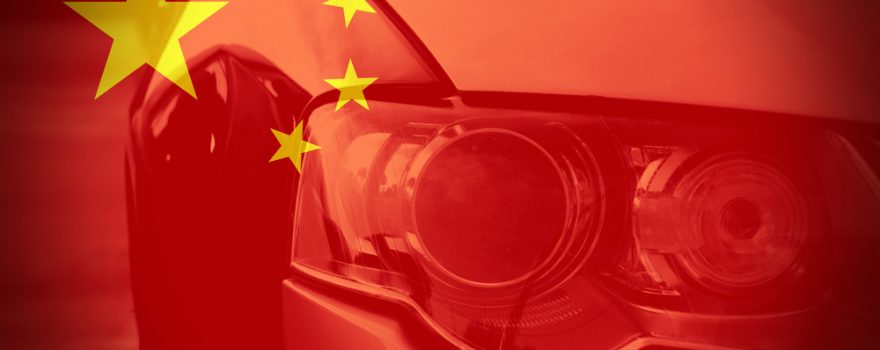
European Commission President Ursula von der Leyen’s recent announcement of an “anti-subsidy investigation into electric cars from China” has sent shockwaves through the automotive industry. As China’s electric car industry gains momentum, it poses a significant threat to established players like Volkswagen and has raised concerns about unfair competition.
China’s prowess in car production has catapulted it into a major car exporter, with brands like MG, BYD, and Nio rapidly expanding in the European market. MG, a Chinese-owned British brand, recorded a substantial increase in market share, raising alarms within the European automotive industry, which accounts for over 6% of EU employment.
The investigation is just one of several measures being considered to protect the European automotive sector. Irrespective of its outcome, it has the potential to hamper China’s electric car industry at a pivotal juncture when Chinese brands are poised to compete on a global scale. The mere announcement of the investigation resulted in a more than 3% drop in share prices for top-performing Chinese car companies in Europe, such as SAIC and BYD.
The core concern of the inquiry is the impact of Chinese electric cars on the European economy, particularly the automobile industry. Europe, traditionally an exporter of cars to China, saw this trade balance shift in December 2022, reflecting China’s advantage in electric car and battery technology. As a result, Chinese and Western brands, including Tesla, have ramped up production in China and exported vehicles to Europe for sale.
Europe is an attractive market for Chinese electric cars due to affluent consumers and government subsidies that offset shipping costs. Nearly half of China’s car exports land in Europe, making it a pivotal battleground.
Long-term concerns loom, including the possibility of Chinese manufacturers resorting to dumping, selling products at minimal profit. This threat is existential, especially for renowned European brands like Volkswagen, the world’s largest automaker. A decline in Volkswagen’s fortunes could set off a cascade of repercussions.
The investigation’s primary focus is on the alleged subsidization of Chinese electric cars, which has led to a flood of competitively priced vehicles in global markets. China must demonstrate that its electric cars aren’t subsidized, a challenging task given the role of government support in the sector’s success.
If the investigation finds unfair competition, European officials may impose higher import duties on Chinese electric cars. A comprehensive investigation could last a year, potentially impacting Chinese companies significantly.
This situation poses a dilemma for European automakers. While they stand to benefit from weakening Chinese competition, they also have substantial investments in China and partnerships with Chinese brands. Many electric vehicles exported from China are produced by foreign companies or joint ventures.
European brands, particularly German automakers like Volkswagen, are deepening their investments in China, including electric vehicles. Stellantis, which owns brands like Jeep and Peugeot, is withdrawing from the Chinese market.
Differing levels of influence matter because if the European Commission imposes more duties, China is likely to retaliate, affecting European brands with strong ties to the Chinese market.
This investigation marks a political turning point. Europe’s previous friendliness towards Chinese companies has shifted as they are now viewed as a serious threat. Additionally, Europe’s political climate has become more critical of China.
While investigations like this one could encourage Chinese companies to set up production in European countries, it remains uncertain how the automotive landscape will evolve. The outcome of this inquiry will be closely watched as it may reshape the global automotive industry’s dynamics in the coming months.

 Get in Touch
Get in Touch 


